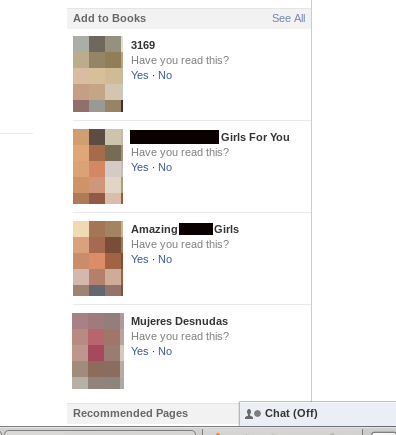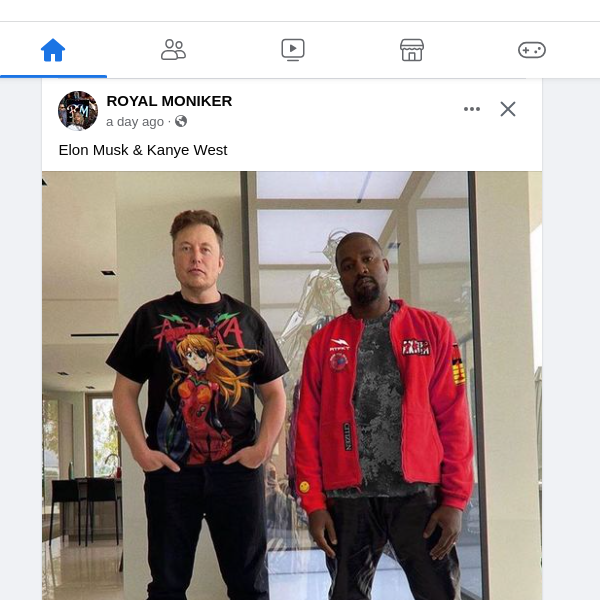Facebook has a bad track record for privacy and digital rights, which is why I don't use it anymore.
I won't attempt to cover all of the issues with Facebook as there are just too many, but to touch on a few:
- Facebook Like/Share buttons on external websites are used to track users of those websites, to help Facebook build a picture of what people are doing on the web
- Facebook has business relationships with shady data brokers to find out what people are doing off the web, for example, buying habits
- Facebook uses session replay techniques to track what users look at, mouse hover events etc. on their screen
- Facebook also gets a copy of what you type before you send it
- Facebook uses dark patterns to trick users into doing things like sending all of their mobile contacts to Facebook
- Facebook doesn't give people control of what they see on their feed which is mostly ads and suggested content these days
- Facebook uses rage bait to increase time spent on the social network
- Facebook is not interoperable and bans third-party apps to preserve their intended experience
- Facebook isn't compatible with FOSS and it's difficult to use Facebook on open platforms like LineageOS and F-Droid
- Facebook can't be trusted to suggest content to people at all—see screenshots below
Suggested Content, ads and tracking code are all examples of purpose-built anti-features which don't benefit users of Facebook in any way. Back in the old days Facebook was built for people to post on their wall and get an RSS-style feed of what other people have posted. That's certainly what I would like to see! These days Facebook's algorithm feeds users Suggested Content and provides no practical controls on it.
In 2023 I recreated my Facebook account with a unique email address and only used it in a private browsing mode. Every time I logged in I saw Suggested Content and ads which were not to my liking, and some of it was pretty shocking - lots of alt-right and rage-bait posts. Facebook suggests using the "Hide post" function to train its AI to give you more relevant content. Personally, I would prefer not to see Suggested Content at all and have a user agent which can filter on my behalf. User agents are likely disallowed by Facebook's Terms of Service.




Imagine if there wasn't a standard for power outlets or email? These are standards that we take for granted but it would be hard to imagine life without them. In the same way, social media and online communications need to be standardised and interoperable. Third party clients (user agents) should be allowed so that social media users can filter on their computer. Social media should be federated or decentralised so that users can switch providers if needed, just like email.
Despite Facebook's pervasiveness there are standards for social network communications like ActivityPub (aka the Fediverse) and standards for chat like XMPP.
There are open specifications like Signal (which I recommend) and Matrix, neither of which are currently standardised but at least the latter is planning on applying for standardisation.
Alternatives
For private chats I've found Signal to be the easiest to use. It supports most of the standard IM chat features that people expect, like emojis, GIFs, video and audio/phone-style chat and private groups.
For public rooms, Matrix is a pretty good alternative to Facebook Groups. Matrix does tend to have a more tech-savvy following.
The Fediverse is a good alternative to Facebook Pages for public social media.
Email newsletters and blogs have been around for a long time and still work today.
Also, if you are a certain digital rights outfit, having a social media presence off Facebook would probably attract people who are interested in digital rights 😉